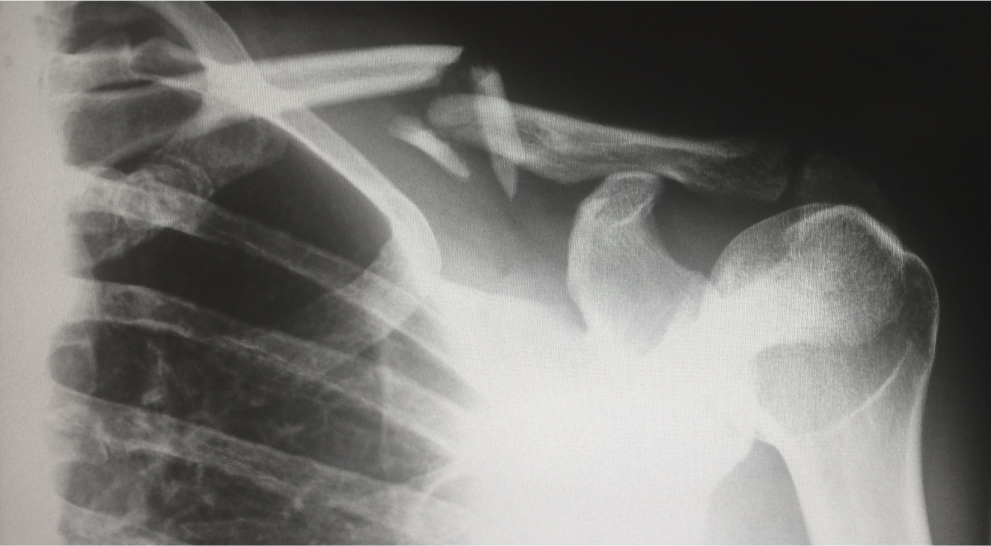The pain and suffering that you incur following a motor vehicle accident can make it difficult for you to return to work. Whether a soft tissue injury or a catastrophic trauma, you may be side-lined for anywhere from weeks to years. It is very important to understand what your financial support options and remedies are when you cannot return to work following a motor vehicle collision. The following options can provide you and your family with some peace of mind while you work on your recovery.
Under the Ontario Insurance Act, if you have sustained an injury in a motor vehicle collision, you may qualify for mandatory statutory benefits under the Statutory Accident Benefits Schedule (SABS) related to missing work, known as income replacement benefits.
To qualify for the income replacement benefit, the injured person must:
- be substantially unable to perform the tasks of their employment due to the accident and within 104 weeks (or two years) of the accident, and
– have been employed at the time of the accident; or
– had been employed for most of the past year prior to the accident; or
– was self-employed at the time of the accident; or - if not employed then receiving Employment Insurance for at least 26 weeks before the accident; or
- was at least 16 years old at the time of the accident and permitted not to attend school.
The maximum income replacement benefit allowed under SABS is 70% of an employed injured’s gross weekly income, or the employed injured’s gross income in the four weeks prior to the accident, multiplied by 13, up to a maximum of $400 per week, for a maximum of 104 weeks (two years), and any other benefit that you may be entitled to receive will be deducted from your SABS income replacement benefit.
You may be eligible for a higher income replacement benefit if you opted to purchase higher limits to the income replacement benefit your private automobile insurer (which could be a maximum of $1000 per week) prior to your accident.
The SABS income replacement benefit is not payable until after the first week following your accident. Your eligible gross income is calculated using a variety of documents, such T4s, pay stubs, income tax returns and bank statements.
The maximum income replacement benefit is subject to deductions for injured persons 65 years old and over. Following the two year income replacement benefit period, if you are still disabled, you may be eligible to receive a non-earner income replacement of a maximum of $185 per week.
Other benefits which you could be eligible to receive include:
- Employment Insurance Sickness Benefit, which provided you qualify, provides you with an average of 55% of your insurable weekly earnings up to $547 per week, for a maximum of 15 weeks.
- CPP Disability Benefit, for which a disability must be both severe and prolonged, you have made contributions to CPP, amongst other criteria. In 2016, the CPP Disability Benefit ranged from an average of $933.82 per month, to a maximum of nearly $1300 per month.
- Employer short-term and long-term disability benefits, which are dependent on the terms of your group insurance policy.
Some of these remedies have strict deadlines, and can involve complex submissions of medical, income and disability documentation. We have nearly 50 years of combined experience with personal injury claims. If you have been seriously injured in a motor vehicle collision and cannot immediately return to work, please contact us, and let us help you obtain the maximum amount of income replacement possible, while you focus on healing from your injuries and putting your life back together.













